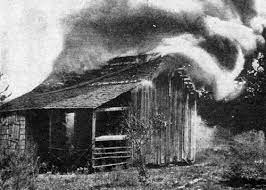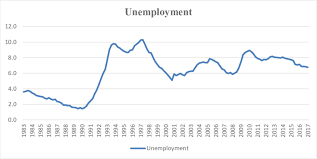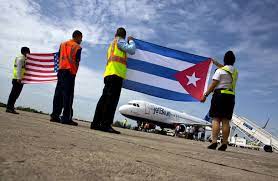January 4, 1923, marks a dark chapter in American history with the infamous Rosewood Massacre, a violent incident fueled by racism and perpetrated by members of the Ku Klux Klan (KKK). This tragic event unfolded in Rosewood, a small African American community in Levy County, Florida, highlighting the deep-seated racial tensions prevalent in the United States during the early 20th century.
Rosewood was a predominantly black community, prosperous and self-sufficient, with black and white families coexisting for many years. However, the already tense racial climate in the South escalated on January 4, 1923, following an incident that falsely accused a black man, Jesse Hunter, of assaulting a white woman in a nearby town. This unfounded accusation triggered a wave of racial animosity, leading to the eruption of violence against the residents of Rosewood.
Members of the KKK, known for their white supremacist ideology, played a significant role in stoking the flames of racial hatred. They exploited the false accusations against Jesse Hunter to justify their actions and promote their agenda of maintaining white dominance. As tensions reached a boiling point, a mob of white supremacists descended upon Rosewood, seeking vengeance against the black community.
The brutality that unfolded during the Rosewood Massacre was horrifying. Homes were burned, and innocent lives were lost as the white mob, fueled by racial hatred, attacked the black residents with impunity. The violence persisted for several days, leading to the destruction of Rosewood and the dispersal of its once-thriving community. Many survivors were forced to flee for their lives, leaving behind the remnants of their homes and possessions.
The aftermath of the Rosewood Massacre left scars on the survivors and the collective memory of African Americans in Florida. The incident was largely downplayed or ignored by the mainstream media and authorities at the time, contributing to a long period of silence and erasure of this dark chapter in history. It was only in the later part of the 20th century that efforts were made to acknowledge and address the injustice and tragedy of the Rosewood Massacre.
In 1994, the Florida state government officially recognized and apologized for the events of the Rosewood Massacre, acknowledging the grave injustice and the lasting impact on the survivors and their descendants. The survivors and their families received compensation, and steps were taken to preserve the memory of Rosewood as a cautionary tale about the consequences of unchecked racial hatred.
The Rosewood Massacre serves as a haunting reminder of the systemic racism and violence that African American communities endured during the Jim Crow era. It underscores the importance of confronting historical injustices and striving for a more just and equitable society. January 4, 1923, remains a somber date in American history, prompting reflection on the enduring legacy of racial violence and the ongoing struggle for racial justice in the United States.






